Responsible for one of the most thorough diagnosis for the area, the study Projections for Transportation Logistics Infrastructure in Brazil, conducted by Dom Cabral Foundation (FDC), validates an appeal that has been made by investors, economists and others experts for decades. The document recomends the country to invest in infrastructure via long term projects and insert highways, railways, harbors and airports in the State’s agenda, and not the government’s. Professor Paulo Resende, one of the coordinators of the research, also points that the national planning must look at the present, bearing in mind the insufficient investments that were made in past years.
For economy consultant Raul Velloso, the government’s financial bottleneck could be supressed by the private sector. “By researching and planning, the government could identify the highways with potential to attract private attention”, says the expert in infrastructure.
Cesar Borges, president of ABCR (Associação Brasileira das Concessionárias de Rodovias), states that companies are interested in taking over new projects and acknowledges the need to execute them fast, but disputes the bureaucracy. “The sense of urgency stumbles upon the dispersion of federal planning. It’s a very legalistic vision that understands that only control agencies are right. When everything is finally approved, we already lost a lot of time. As a result, while construction never gets started, we lose human lives and face other economic damages”, he says.
Today we have seven different boards interfering with agencies regulatory action. So you have a very insecure environment, institutional wise. That’s because there’s a regulatory vacuum caused by the lack of structure inside the agencies, that should be prepared to pursue its job: regulating specific markets, with technical, operative, budgetary and hierarchical independence. In other words, being state agencies and not government agencies.
We had a deterioration of the regulatory environment in Brazil and new laws are not the solution. What we must put on the table is an honest discussion about whether it’s possible to keep this institutional environment, which exists only in Brazil.



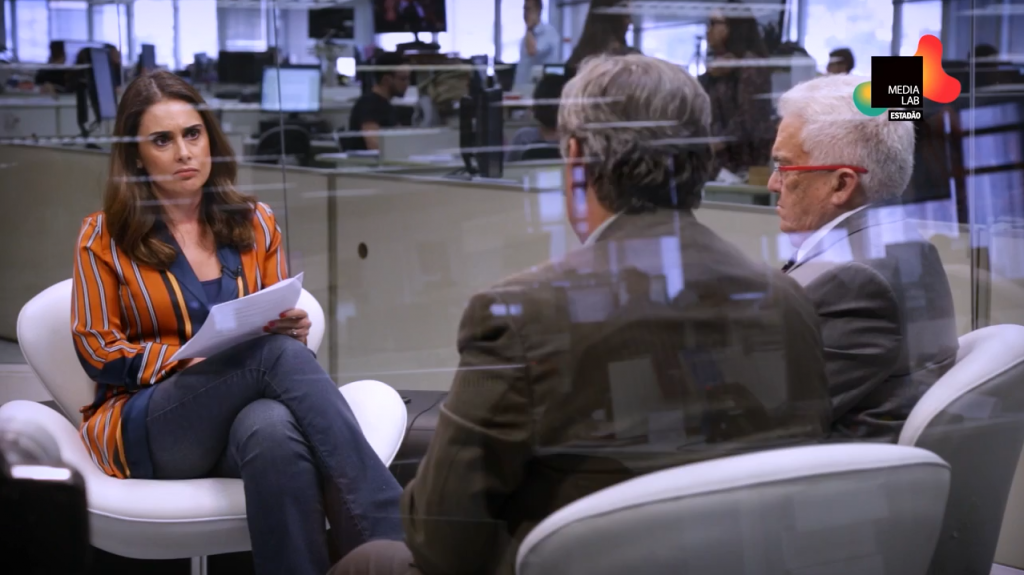
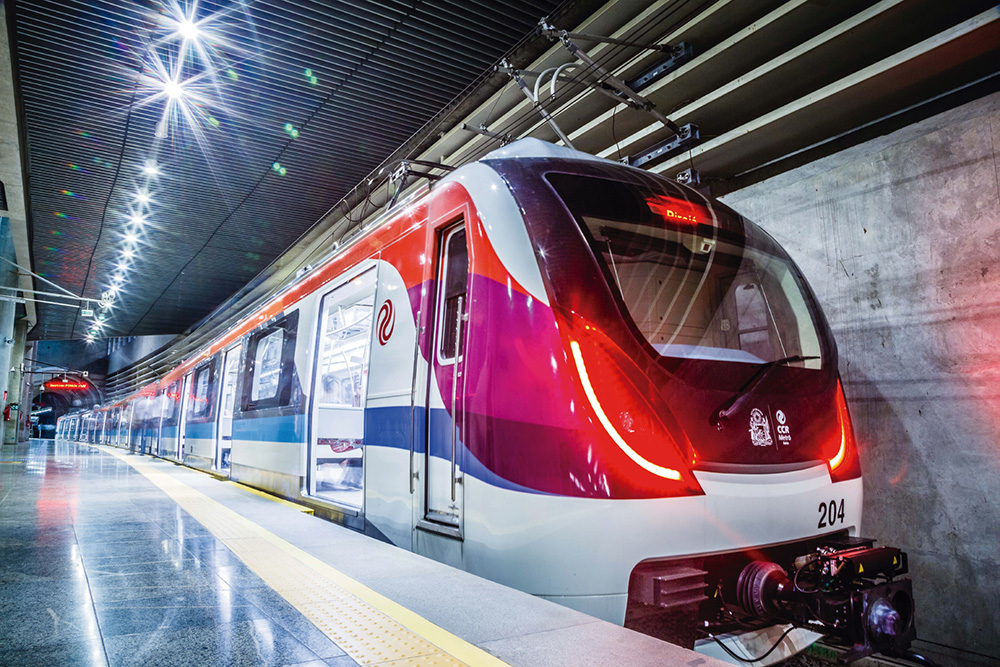
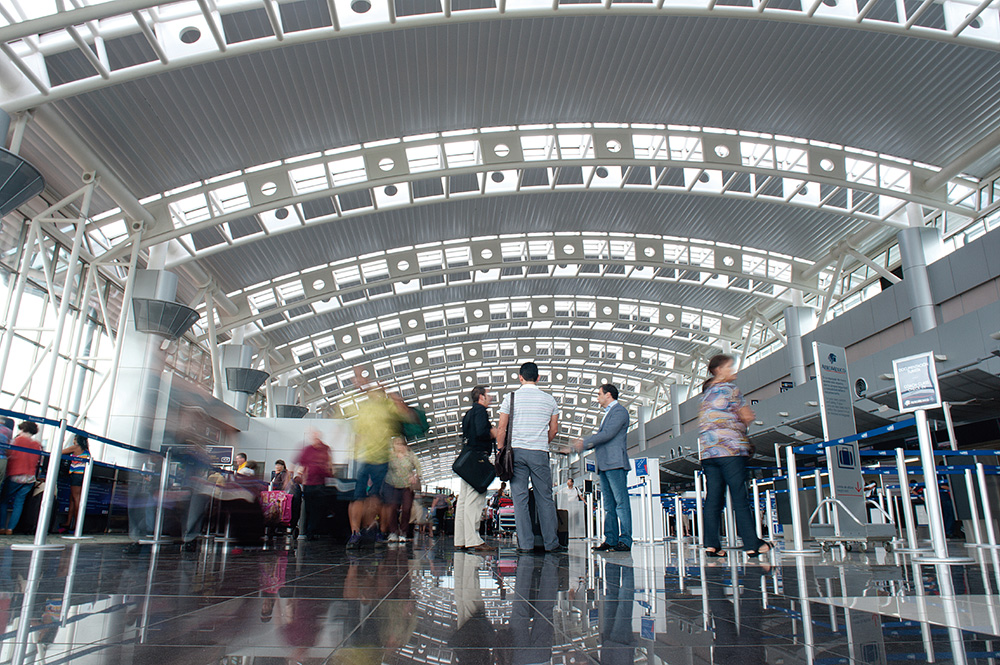
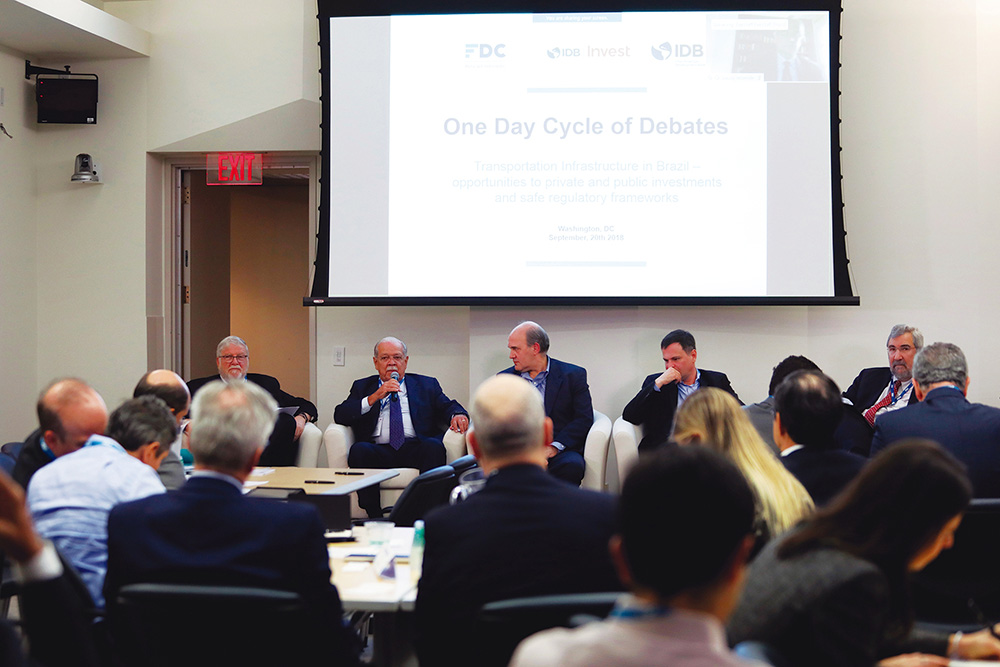
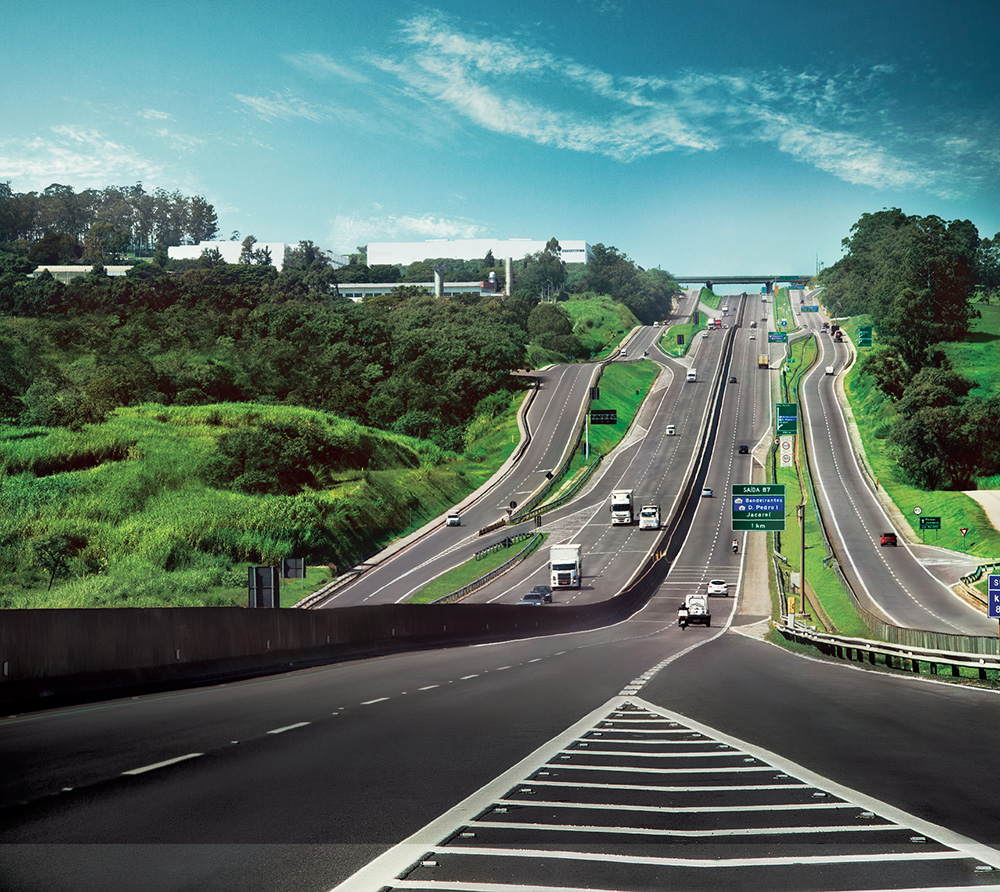
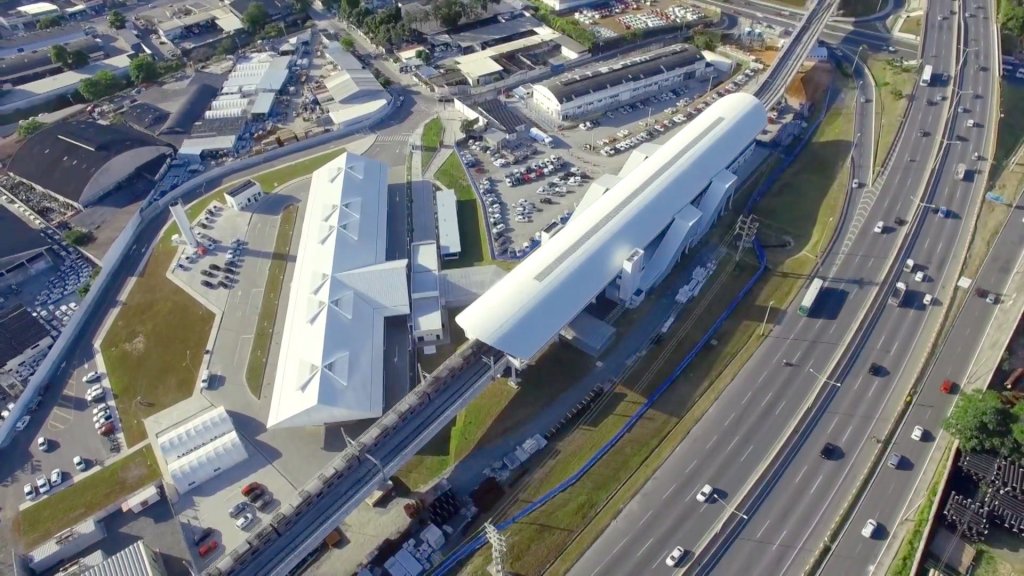
Comments